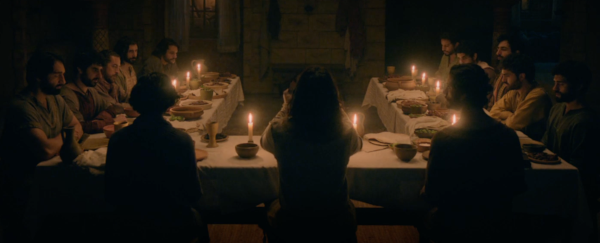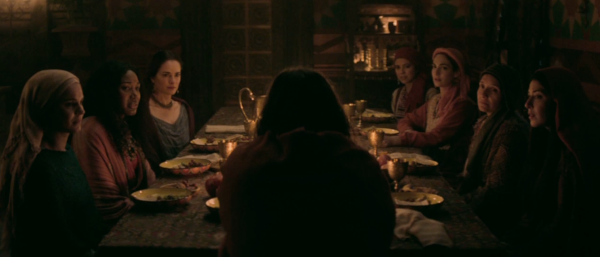We Are Church International calls on the cardinals with the Holy Spirit to find a successor who will continue Pope Francis' course of reform with courage and vigour. Only in this way will it be possible to truly overcome the internal and external crises of credibility in the Roman Catholic Church triggered by sexualised violence, clerical abuse of power, discrimination against women and self-centredness in the long term.
After the very moving funeral service for the late Pope Francis, We Are Church International calls on the cardinals before the conclave, which is about to begin, to take the signs of the times seriously and courageously continue the course of reform initiated by Pope Francis. With the Vatican letter on the implementation phase of the World Synod, which he approved, Pope Francis has also committed the local churches to implementing concrete reforms beyond his death. Now it is up to all of us, with the new pope, with every cardinal and every bishop, to ensure that our Church regains its credibility and becomes a home for all.
The sermon by Cardinal Giovanni Battista Re, Dean of the College of Cardinals, at the requiem, the applause in St. Peter's Square and the numerous obituaries have made it very clear what fruitful impulses Pope Francis' twelve-year pontificate has brought to the Catholic Church worldwide. These must now be continued and also secured in canon law. The great worldwide sympathy for the death of Pope Francis has once again made clear how great the expectations of the Catholic Church worldwide are and how much interest there is in it when the Christian faith is proclaimed and practised in a credible and contemporary manner.
Background
We Are Church was founded exactly 30 years ago in Austria in response to the abuse scandal involving the then Archbishop of Vienna, Hans Hermann Groër, and has since been working on all continents and in an international network for a renewal of the Roman Catholic Church in line with the Second Vatican Council (1962-1965).
The five concrete demands for reform (shared decision making at all levels; full equality for women; no compulsory celibacy for priests; positive sexual morality; good news instead of threats) have now become a widely accepted canon of reform. This applies to the Synodal Path initiated in Germany in 2019, to the World Synod convened by Pope Francis, and to other synodal processes around the world.
Press contacts:
Colm Holmes, Chair We are Church International
Email: This email address is being protected from spambots. You need JavaScript enabled to view it.
Phone: +353 86606 3636
Dr Martha Heizer, Vice-Chair We are Church International
Email: This email address is being protected from spambots. You need JavaScript enabled to view it.
Phone: +43 650 4168500
Christian Weisner, Wir Sind Kirche Germany
Email: This email address is being protected from spambots. You need JavaScript enabled to view it.
Phone: +49 172-51 84 082




